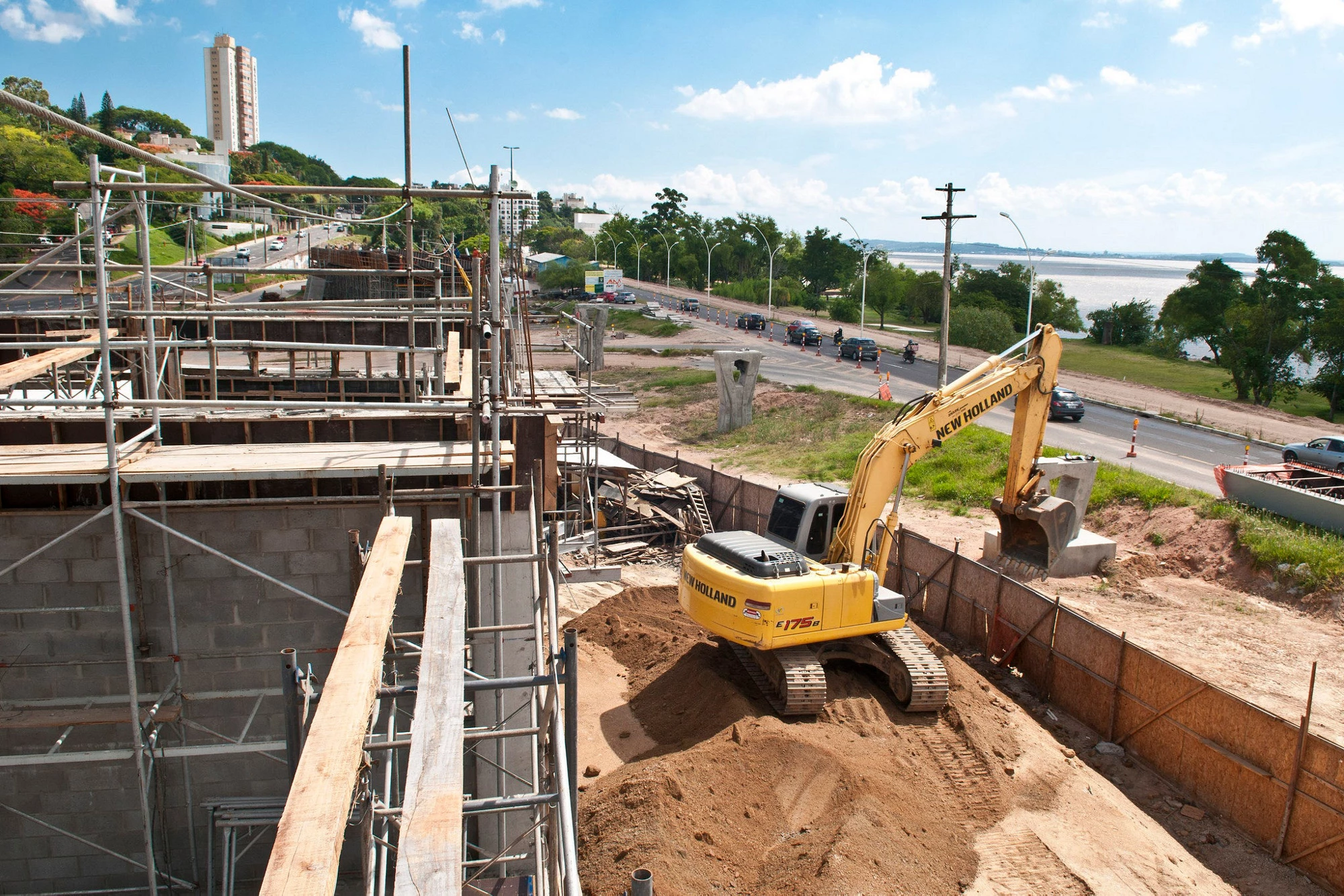Photo: Fernando C. Vieira/Grupo CEEE | Flickr Creative Commons
The PPP Professional Certification, the CP3P, is an extraordinary tool that enables professionals in infrastructure segments around the world to have a common language for terms involved in structuring and managing a Public-Private Partnership (PPP) project. Support for standardizing the process of PPP projects, has improved overall understanding and enabled institutional organizations and governments to successfully model projects and mitigate risks.
In this sense, the PPP Program Guide offers a valid guideline and suggestions, introducing candidates to the premises and steps to be followed by government agents who seek to maximize success in PPPs. The PPP process, for example, is one of several methodologies presented in the Guide. It is an organized plan for full management of the life cycle of a PPP project, Indicating the actions that must be taken, from the beginning of a project, right up until the Operation Contract involving the management of infrastructure.
Certainly, the city of Porto Alegre, through the Strategic Partnerships Division, responsible for the municipality's PPP program, intends to follow and apply much of the guidelines suggested by the PPP Program Guide. I believe that a consolidated framework will not only facilitate the governance, transparency and fiscal responsibility of PPPs, but will also allow the city to be aligned with the most modern concepts in terms of project management and design. We intend to not only develop large social infrastructure, but also ensure that these projects will be well managed over the years, with feasibility and the necessary responsibility.
This post by Fernando Freire Dutra originally appeared on APMG International’s website on June 5, 2017.
Disclaimer: The content of this blog does not necessarily reflect the views of the World Bank Group, its Board of Executive Directors, staff or the governments it represents. The World Bank Group does not guarantee the accuracy of the data, findings, or analysis in this post.



Join the Conversation